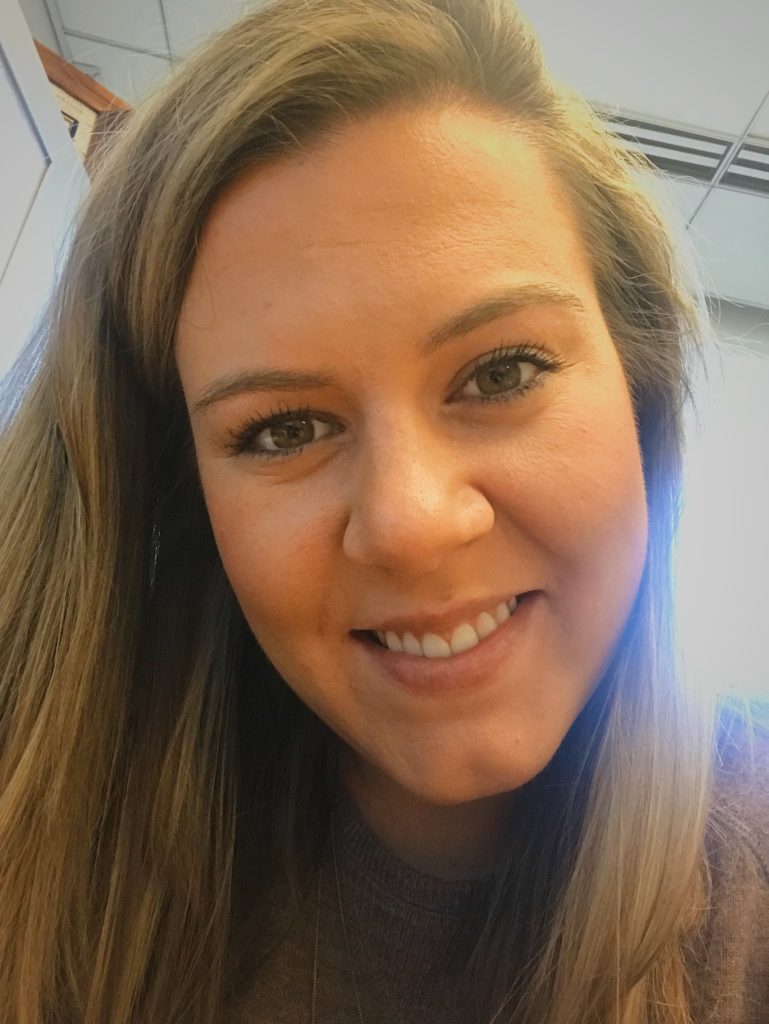If being informed is beginning to impede on your sleep schedule, increase your anxiety, or introduce an enhanced sense of isolation or depression, it might be time to consider regulating your intake of information.
In a time as fluid as this, it’s no surprise that the masses are hungry for information. Consumers are searching day and night for any update related to the novel coronavirus, and the media is happy to oblige and provide news around the clock.
While the CEHD Student Success Team is a huge advocate of being informed, we also think it’s important to keep a firm grasp on your wellness, especially during a pandemic. If being informed is beginning to impede on your sleep schedule, increase your anxiety, or introduce an enhanced sense of isolation or depression, it might be time to consider regulating your intake of information.
So how do you create the perfect balance between being informed and being well? Try out our top three tips below.
- Find credible sources: As a student, you’ve been told over and over again to cite credible sources; the same goes for gathering information about a crisis. Find a handful of reputable, reliable sources, and use them as your go-to’s when it’s time to catch up on COVID-19.
- Schedule your screen time: Instead of reading or watching the news on an “as-needed” basis, try making an effort to check in on the status of coronavirus twice a day, perhaps in the morning and right after work or studies (early evening), and put a time cap on it. This will allow you to be informed at a time that works best for you, which will ultimately help you focus on other tasks throughout the day.
- We recommend avoiding late-night check-ins, as taking in overwhelming information before bed may cause restlessness throughout the night.
- Do your due diligence: Many people use social media to keep up with friends and family, especially during times like this. There’s nothing wrong with that! However, social media is swimming with misinformation disguised as “expert opinions.” Take “news” on these platforms with a grain of salt, no matter who shares it. For credible information, revert back to tip number 1.
- If social media triggers your anxiety, you may consider limiting that, too. Small steps work well here – start by only checking your accounts once an hour, then every other hour, and so on, until you notice your wellness is back in check. It helps if you move the app on your phone to a less-accessible place (or delete it altogether); this way you have to think twice before finding and clicking the icon!
We hope these tips help you find some harmony in your new “normal.” Until our return, be well!
On Next Week’s Blog: Host a virtual gathering, and follow through with it!

Brianna Alford is the Student Enrichment Coordinator for the College of Education and Human Development. When she’s not devising opportunities for CEHD students to Be Engaged, she enjoys cooking, crafting, and advocating for a proper RSVP.
